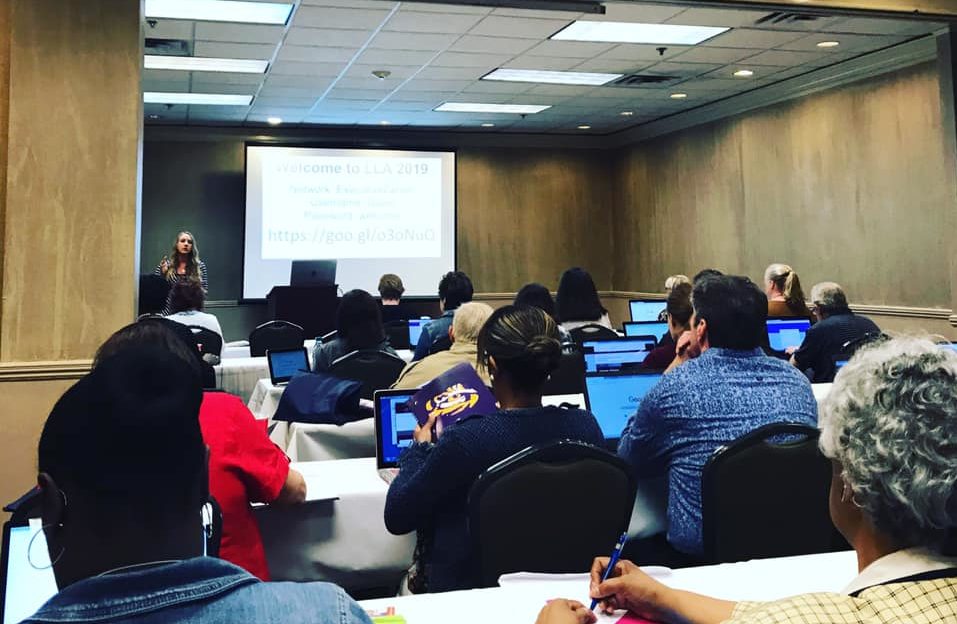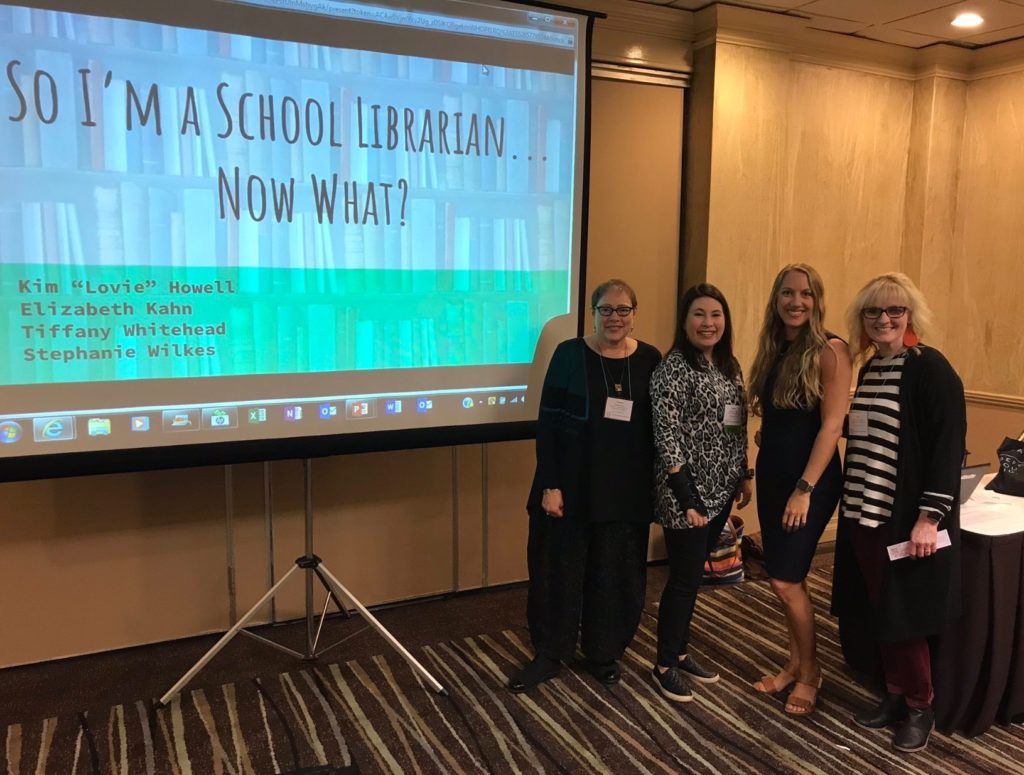Twitter, while still my favorite place to connect with members of my PLN in order to learn, share, and network, is not necessarily the most conducive environment to discuss complex issues. It’s easy for one (or several) Tweets to come across in a way that does not fully encompass the feelings of the poster. I feel like I need to elaborate on my views on the AASL session selection process more, as some feel that the reason I am raising concerns is that I have sessions that weren’t accepted. Of course I wanted to have a session accepted, otherwise, I wouldn’t have submitted a proposal. I still have a session that is part of the “crowdsourcing†process, so again, that is not why I am questioning the process. Four years ago at AASL 2015, I questioned the process of blind review, and my opinions on the matter are still the same.
AASL uses a blind review to evaluate session submissions. I understand the intent of this is to be fair, but I argue that this fairness does not equate the best possible session selection.
Taking a presenter’s past work into account seems logical to me, and it is done at many other large and small conferences. Questions that would provide relevant background information on sessions include: Have you published content on this topic? Have you presented at your state conferences on a similar topic? What resources or mentoring have you shared with other librarians to promote this topic? Providing evidence that you are equipped and knowledgeable to present on a topic at a national conference makes sense to me. As librarians, we teach our students to critically evaluate sources by examining the credentials of the author. It makes sense that organizations would approach session selection for a national conference in a similar way.
Many librarians (myself included) pay their way to national conferences, taking valuable days away from their students and libraries to participate. An organization should do everything in their power to ensure a balance of sessions from quality presenters so attendees get the most out of their conference experience. We have all attended sessions where the description does not align with the content delivered or where the presenter is unprepared, and a national conference should do everything in their power to buffer the possibility of that happening.
By no means am I saying that having presented successful sessions at a past conference should guarantee you a slot at the next conference. Again, though, it would seem logical to me to take into account session evaluations on a presenter if they have presented at that conference before. I think reaching out to state affiliates for recommendations on sessions that were largely successful and had great feedback at state conferences would be meaningful and wise. I do everything in my power to drive my school’s library program with the data and feedback I collect from my students and faculty, and I would expect my professional organizations to take a similar approach.
What is AASL’s intended outcome for the conference sessions? It has been stated numerous times that
It is great that AASL is willing to try new things in the selection process as they are crowdsourcing sessions this year. The way that the crowdsourcing has been presented, though, seems to me to go against the spirit of crowdsourcing. While I understand the intent of redacting all identifying information from session proposals, I disagree with it for similar reasons to those identified above. If you want to allow AASL membership and potential attendees to have a voice, let them truly have a voice. The way that the crowdsourcing was rolled out left many with questions of whether it was okay to promote their sessions within their PLN, but the spirit of crowdsourcing, at least in other instances that I’m familiar with, encourages exactly that.
In no way am I looking to diminish the hard work of the conference planning committee this year or in years past. My hope is that there can be dialogue moving forward to assess the process for future conferences

